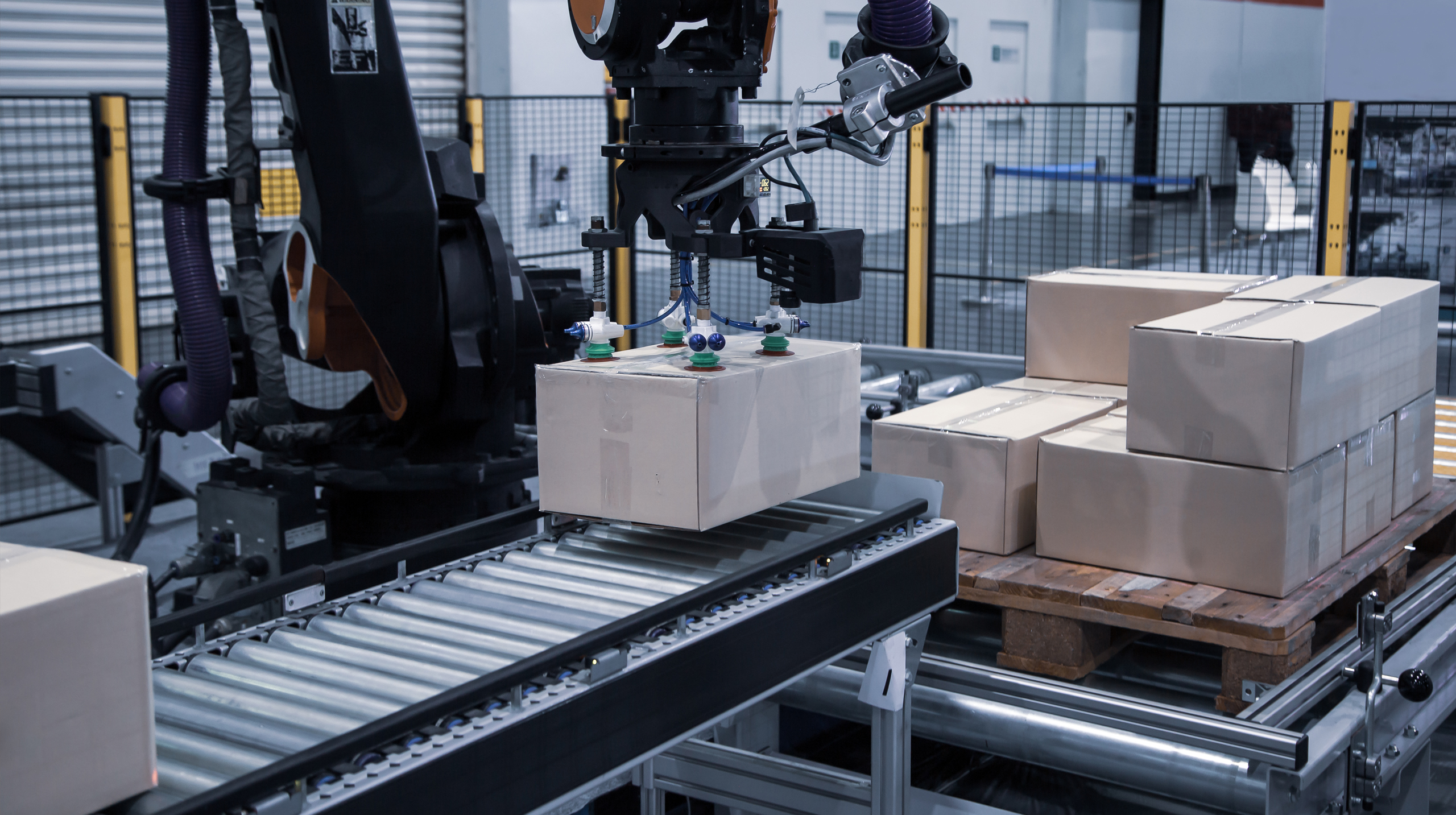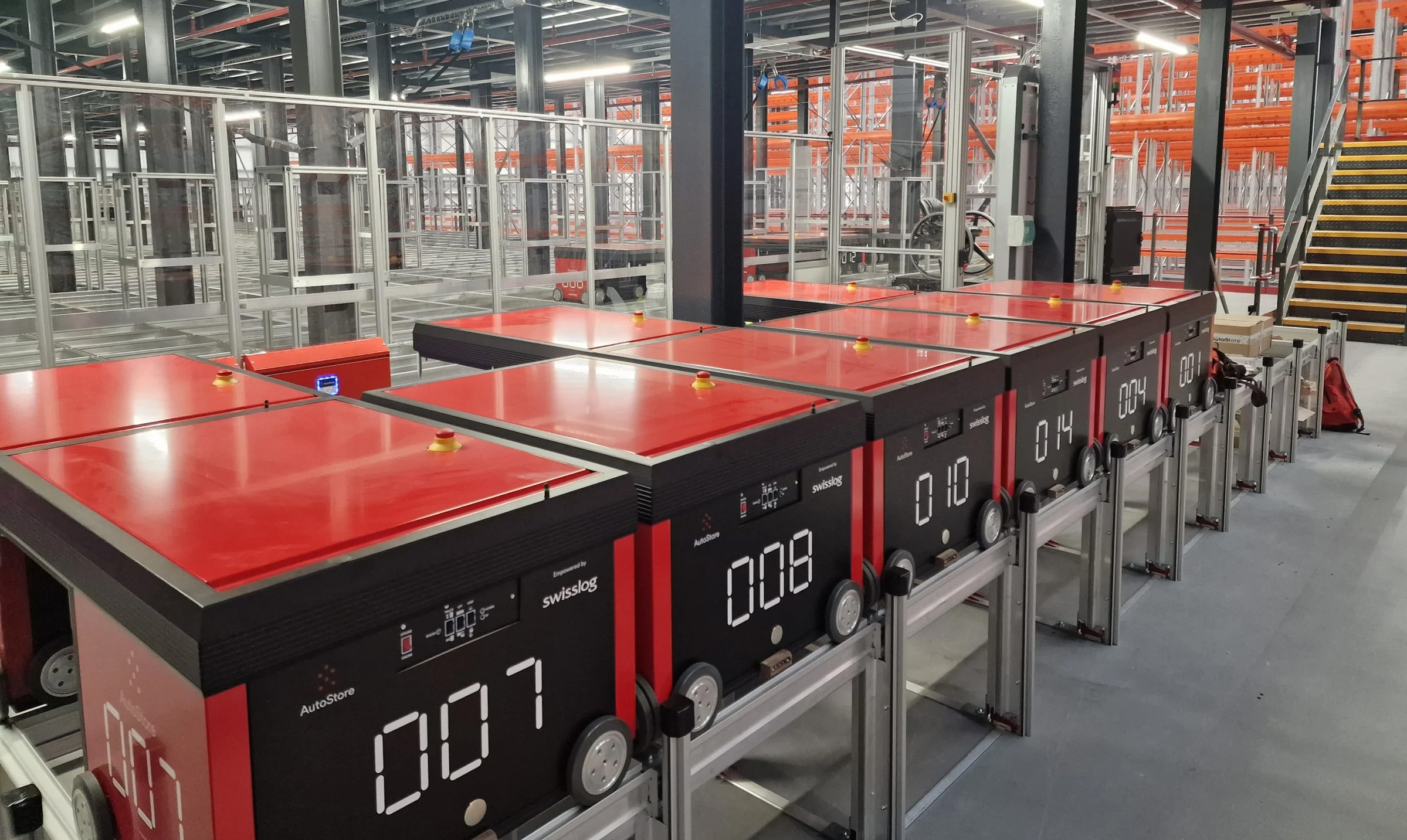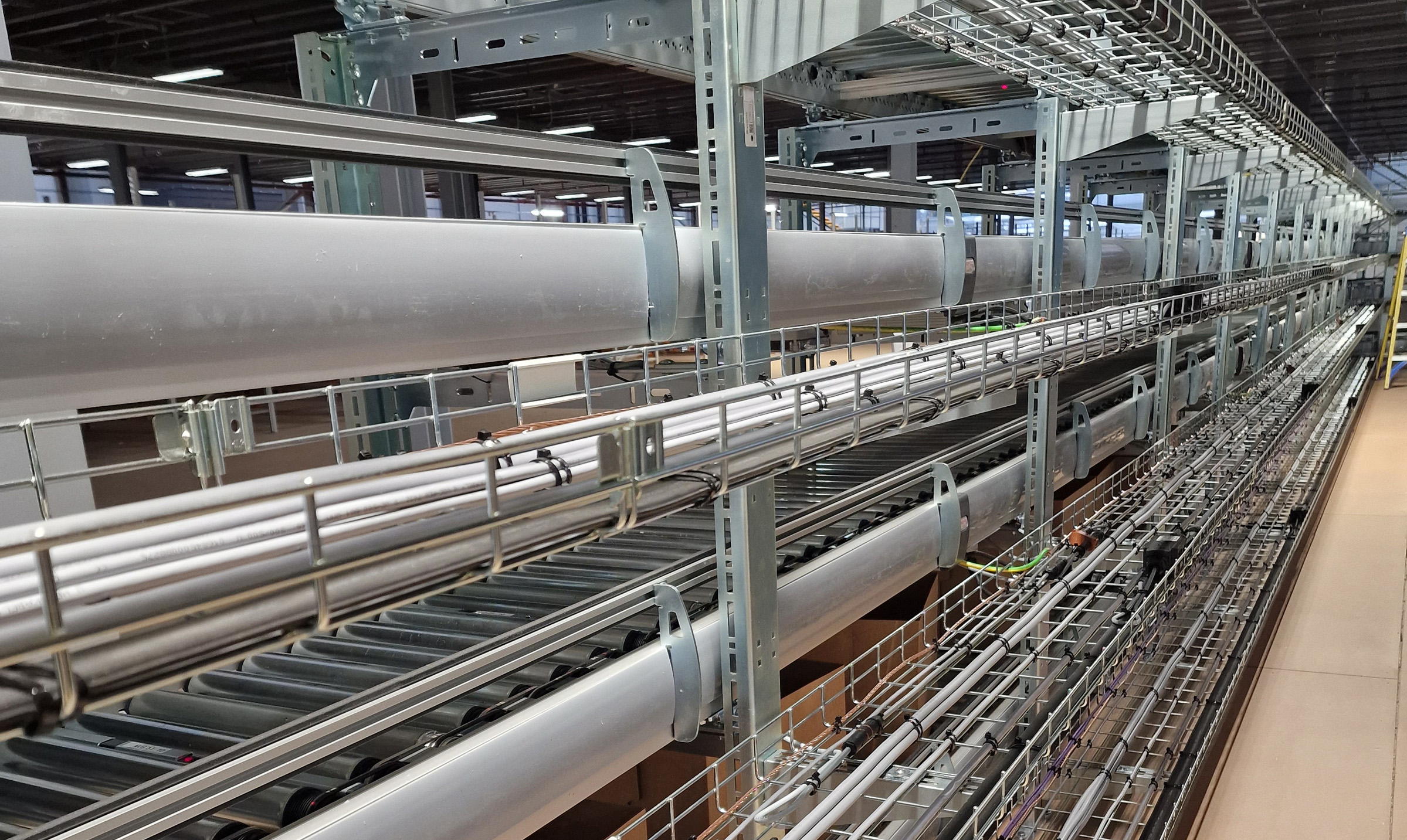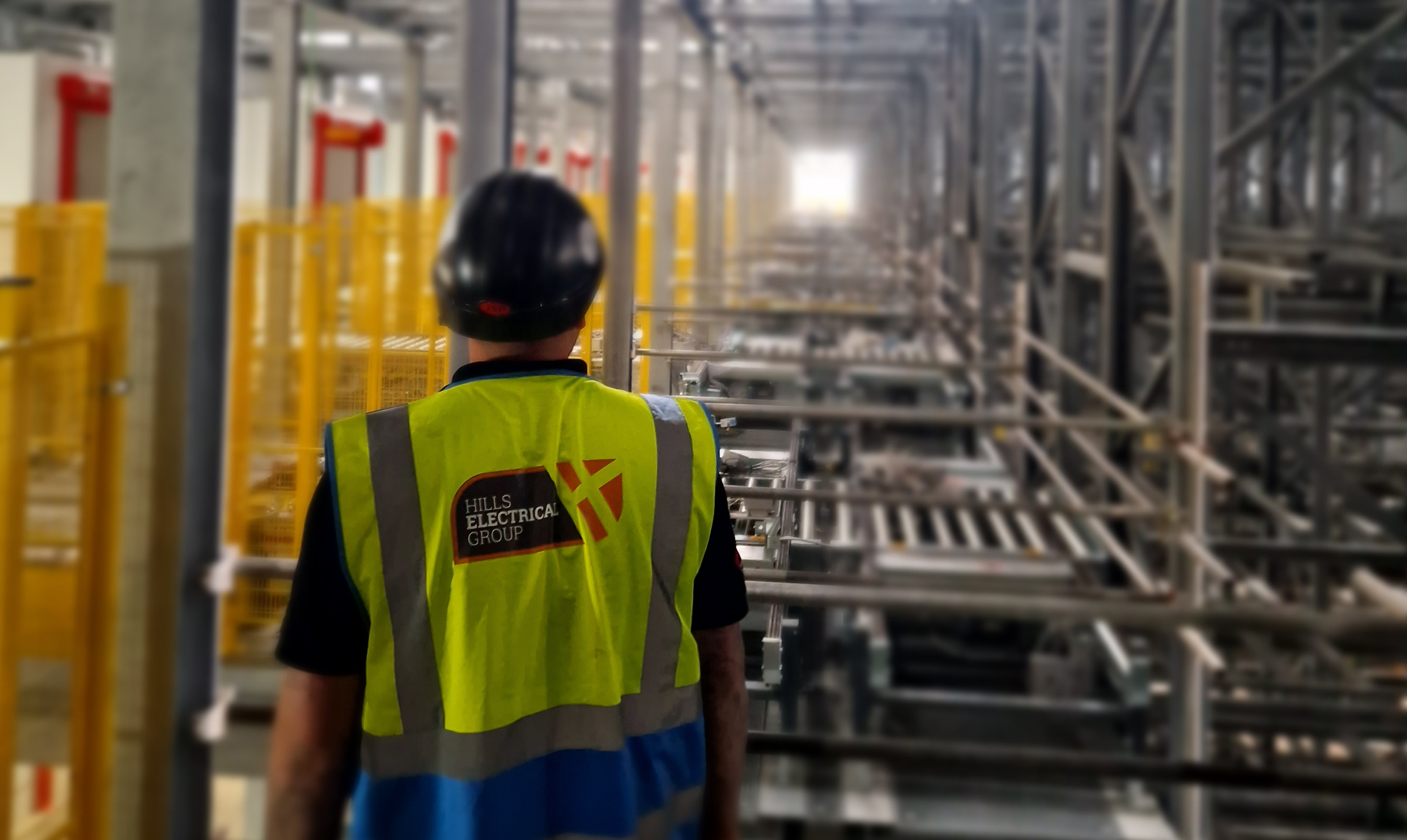DO YOU HAVE A NEW PROJECT?
Speak to a member of our team
Get in TouchWhat are electrical control panels, and why are they essential to install at your commercial or industrial facility.
Electrical control panels are essential for the control and performance of various mechanic systems in industrial manufacturing and production. For industrial machines to function effectively, reliably, and efficiently, they must be determined and controlled. This is where an electrical control panel comes in handy.
Understanding the role of an electrical control panel reveals the vital part they play in all aspects of industrial machine operations, manufacturing, and production. But before we begin discussing the many features, uses, and components, let’s clearly define what an electrical control panel is.
An electrical control panel contains electrical components designed to power and control various functions and machinery. Typically, they appear ‘closed’ within an enclosure, such as a metal box or plastic moulding. However, they can appear ‘open’, although this is less common.
Electrical control panels have two main categories:
Both these categories come in various forms. Control panel structures can appear as main breaker panels, fuse boxes, subpanels, and main lug panels. The electrical components within these can consist of main circuit breakers, surge arrestors, transformers, network switches and more. Electrical control panel components vary depending on the purpose and requirements. (More on this later.)
All in all, there are various versions of control panels. The three main types include:
Control panels are used in many industries, including oil and gas, food and beverage, manufacturing and agriculture.
Electrical control panels are commonplace in various industries to support the smooth running of machine operations and production automation. These operations can include manufacturing production lines, such as conveyor belt systems, warehouse facilities and office blocks.
Their involvement in operations is paramount to various industries fulfilling standards of production, from manufacturing factories to power generation plants.
The benefits of an electrical control panel include reliability, advancing control settings, and reducing disturbances to the overall efficiency. For these reasons, control panels reduce costs and make things more energy efficient. Operators require access to perform various industrial machine operations allowing manufacturers to meet production goals with control, organisation, and consistent results. Electrical engineers also need access to control panels if any faults occur or testing overall electrical safety.
Electrical control panels require regular maintenance to keep them running smoothly. The best way to maintain these energised systems is to plan preventive maintenance measures and uphold condition-based monitoring.
Maintenance is also critical to keeping staff and visitors safe. If neglected, control panels can endanger lives by causing fires or high voltage electric shocks.
To limit these significant risks, be sure to acquire the services of a leading electrical control panels manufacturer in the West Midlands – Control Panels
Electrical control panel components
Electrical control panels come in various designs, sizes, and styles with two main aspects: The panel and the electrical components.
Enclosures
The enclosure of the electrical control panel is the body. It stores all the electrical components inside and acts as a shield against any potential electrical dangers affecting people outside.
For an electrical control panel to remain safe, the enclosure offers protection from outside interference. This means the enclosure must cope with certain impacts, vibrations, heat, liquid, dirt, dust, and any other disturbances commonly associated with industrial environments.
Back panels
A back panel is mounted inside the enclosure in the form of a metal sheet to provide support and enable routes for wiring ducts.
Circuit breaker
The job of the circuit breaker is to offer protection from electrical circuits, such as overcurrent or short circuits. A circuit breaker will stop the flow of electricity as a safety measure, protecting people and machinery.
In most production applications, the main circuit breaker can manage voltage between 120V–420V. Electrical supply to the control panel should go through the circuit breaker. It’s important to remember that incoming connections remain live, and other electrical components of the control panel will also remain live, despite the circuit breaker being switched off.
Surge arrestors
A surge arrestor protects disturbances to power in the event of a utility power surge or lightning strike. This means the electrical components won’t become damaged from overvoltage.
Transformers
The role of a transformer is to step the voltage down or up, depending on the specifications for power to be generated or reduced. Transformers have no moving parts and operate on magnetic induction principles, reducing electrical power to operate low voltage devices or raising the power to travel over longer distances.
Terminal blocks
Terminal blocks arrange wires through separate terminals to help distinguish between various power sources.
Programmable logic controller
The programmable logic controller (PLC) is the brain of the electrical control panel. This small computer helps operators control and perform specific functions and mechanisms for the machinery.
Relays and contractors
Network switches
Network switches connect various devices on the network, taking directions from the PLC to different network devices on the operating system, production line etc.
As industry-leading commercial and industrial electrical experts in the UK, we know a thing or two about designing, providing, and installing custom build electrical control panels.
If you’re interested in what we can do for you, please get in touch.
For more information on our latest conveyor system solutions, you can also follow us onLinkedIn.




Feel free to fill out our form below and a member of our team will be in touch.